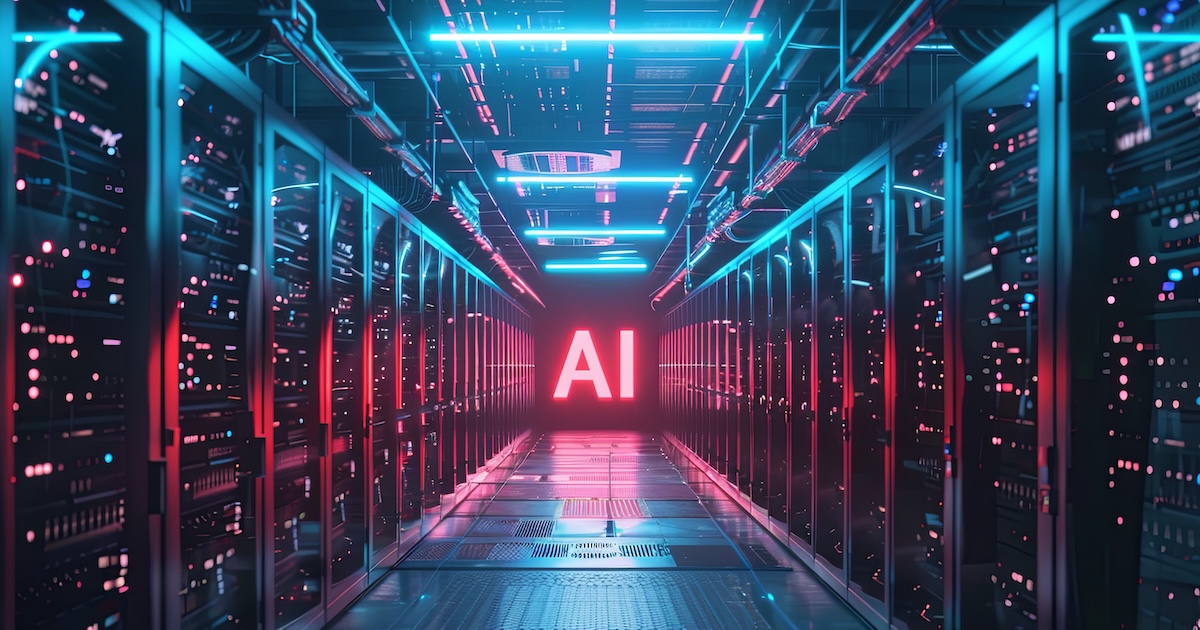
AI is dropping tracks unprecedentedly, and streaming platforms are feeling the pressure. Deezer has just revealed that over 20,000 AI-generated songs are hitting its platform daily, which amounts to nearly one in five new uploads. Just a few months ago, that figure stood at 10%. It has risen to 18%, and the increase is rapid.
Behind the scenes, Deezer has been developing some serious technology to monitor this surge. Their in-house AI detection tool—launched earlier this year—can now identify fully synthetic tracks created by leading AI music engines such as Suno and Udio. Moreover, the tool can adapt to nearly any AI music model with access to the appropriate data.
“We’re in the midst of a content explosion,” stated Deezer’s Chief Innovation Officer, Aurelien Herault. “Generative AI is here to stay, and while it offers creative possibilities, we need to ensure it doesn’t undermine artists’ rights or confuse fans about what’s human and what’s not.” He added that Deezer is already removing full AI tracks from its recommendation algorithms to maintain fairness and transparency.
This boom in AI-generated music is arriving just as the legal challenges escalate. Platforms like Suno and Udio are already facing lawsuits from major record labels over the alleged misuse of copyrighted materials to train their AI models; with global regulators still determining how—or whether—to restrict AI’s reach, there is increasing concern that copyright protections could be diminished in favour of innovation.
The music industry is balancing a fine line between embracing futuristic tools and safeguarding the human essence of music. One thing is certain: AI isn’t just knocking at the door. It’s already inside the house.










